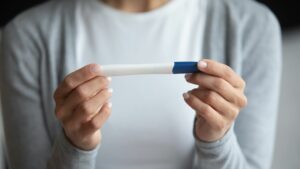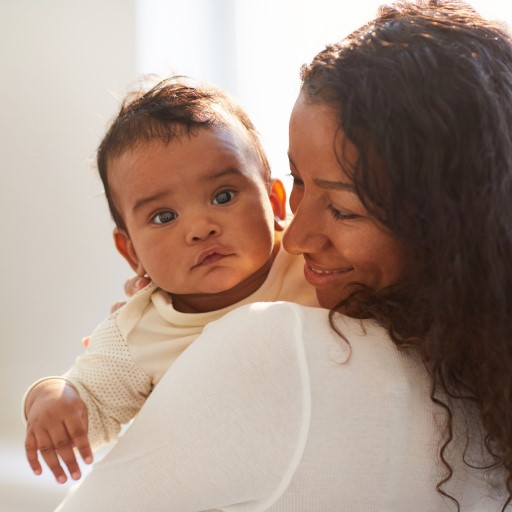Science Advances IVF in the ’80s
In preparation to begin an IVF center, in 1983 Dr. Massey was fortunate to spend five weeks in Australia at the famed Monash University IVF Center. They took IVF success rates up to about 15% per cycle, excellent at the time. The lab director was Alan Trounson, PhD, who was an incredibly brilliant reproductive scientist. He knew that what was working in the animals such as goats would also work in humans, but it was an epic effort to make the transition.
When Dr. Massey was there, two “firsts” were in progress, procedures that are now considered common. The first successful egg donation pregnancy in the world was established and he saw it happen one rainy night in March. The other project underway was the diligent effort to perfect embryo freezing. While this was working well in cows, no one had made it work in humans. Once again, the group at Monash was one of the leading centers to figure out the proper procedures.
In the first fertility center in Georgia, they fertility doctors made it a practice to create opportunities for the reproductive biologists or embryologists to do research.
They tried one improvement, which did not work. Their first biologist, Ben Brackett, DVM, PhD, who established the first pregnancy in a cow in the world when he was at the University of Pennsylvania, had worked in a warm environmental room. This room maintained temperature control, but it was very hard for the embryologist to work in 98 degrees. Pretty soon, heated stages for microscopies allowed the temperature control that was needed, and the warmer environment was not necessary. So, this expensive experiment was abandoned.
Before intracytoplasmic sperm injection (ICSI), when Jacques Cohen, PhD, came to Atlanta, there were experiments to enable severely compromised sperm to penetrate the egg. They tried partial zona dissection, which was making a hole in the zona and allowing sperm to pass through. It was minimally successful, but it did lead to the discovery by Henry Malter and Dr. Cohen that the hole had some other advantages.
This was where the concept of assisted hatching with IVF was born. Making a hole in the zona, the thin, translucent microscopic shell around the egg, let the embryos hatch when, in some cases the zona was hardening and preventing implantation. These embryos implanted better than others, and Malter said one day “every embryo needs a hole in the zona.” Later, randomized controlled trials proved that only certain groups of patients might need assisted hatching.
Early attempts in the United States at Norfolk to do ICSI led to damaged eggs. It was proclaimed that this could not work. However, smaller needles invented in Belgium made it possible, and the Georgia fertility lab was the first in the United States to achieve a pregnancy.
Also, they understood the potential of egg freezing. Eggs are notoriously difficult to freeze and thaw in all animals. Embryos are much easier, paradoxically. Dr. Massey’s team achieved another United States first by offering free IVF cycles to women who would allow them to freeze their eggs, thaw them, then do IVF and put the embryos back. They did about 300 eggs for patients to achieve three (3) babies. This was a very time consuming and costly experiment.
They stopped doing it after the initial successes because the success rate was so low; it really was not practical. New technology was needed. After the year 2000, egg freezing turned from the slow freezing, which was used in those days, to rapid vitrification which amazingly works much better.
Now, egg freezing is so successful that Apple Computer has added egg freezing to the benefits offered their employees for motherhood insurance. Parenthetically, the best time to do that would be around age 32. Hopefully, ladies will not be waiting until they are age 39, when their egg supply is diminishing. At Pathways Fertility, we provide this egg freezing capability to women.
If you would like to consult with our team of experienced fertility doctors, just click here.






